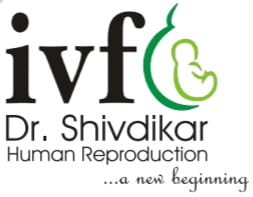+918048035722

This is your website preview.
Currently it only shows your basic business info. Start adding relevant business details such as description, images and products or services to gain your customers attention by using Boost 360 android app / iOS App / web portal.
Description
Sperm, Ovum (Egg), and Embryo Donation These forms of donation help individuals or couples conceive when they cannot use their own reproductive cells. They are often used in assisted reproductive technologies (ART) like in vitro fertilization (IVF) and insemination. 1. Sperm Donation A man donates sperm to help someone conceive. The sperm can be used in: Artificial insemination (IUI) – sperm is directly inserted into the uterus. In vitro fertilization (IVF) – sperm is combined with an egg in a lab before implantation. Common recipients: Single women Lesbian couples Couples with male infertility Sperm donors can be: Anonymous (via sperm banks) Known (friend/family member) 2. Ovum (Egg) Donation A woman donates her eggs to help another woman conceive. The eggs are retrieved, fertilized with sperm, and transferred to the recipient's uterus via IVF. Common recipients: Women with poor egg quality Women with premature ovarian failure Women with genetic disorders LGBTQ+ couples Egg donors can be: Anonymous (from an egg bank) Known (friend/family member) 3. Embryo Donation Embryos are donated by couples who have undergone IVF and have extra embryos. These embryos can be used by individuals or couples who cannot produce viable eggs and sperm. Common recipients: Women unable to produce eggs Couples with genetic disorders Couples who have failed IVF Legal & Ethical Considerations Consent agreements are required for all donations. Laws on anonymity vs. known donors vary by country. Some countries have strict regulations on embryo donation. Would you like details on any specific aspect?

